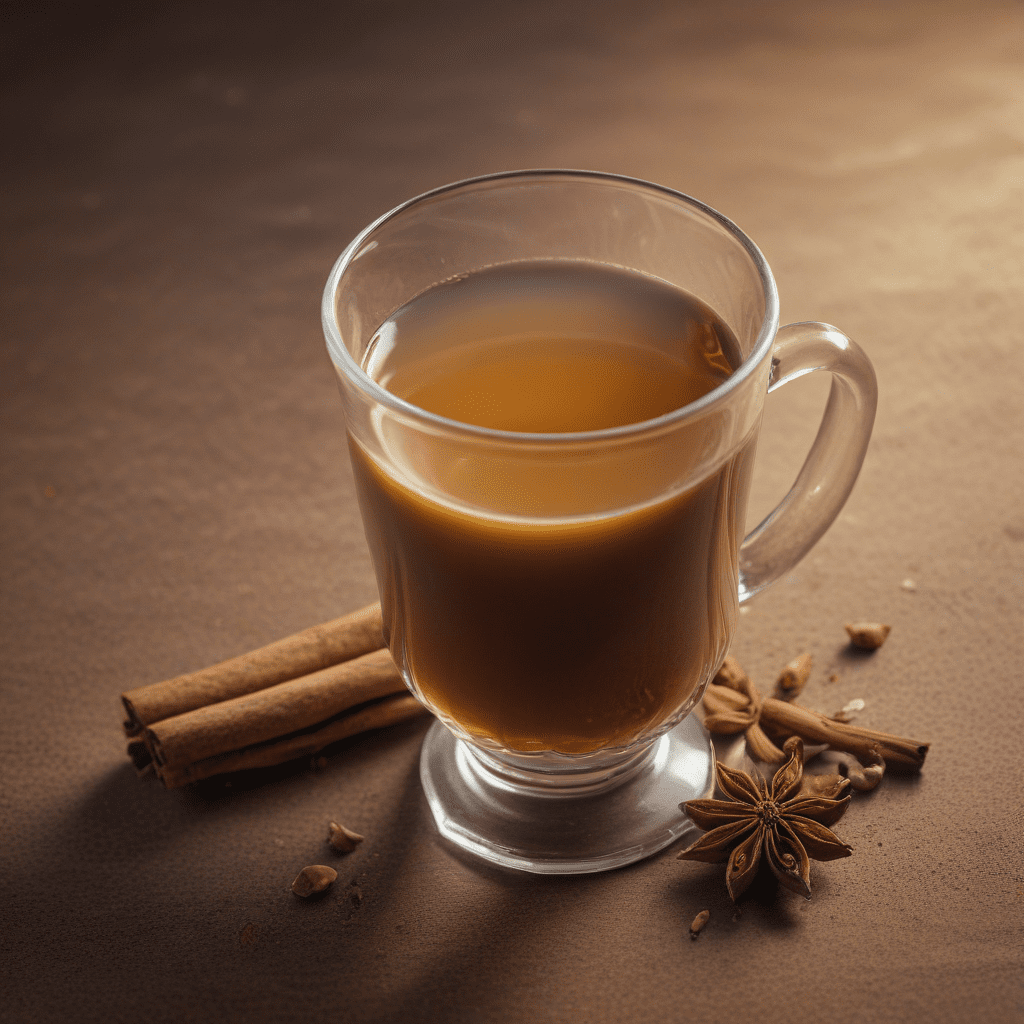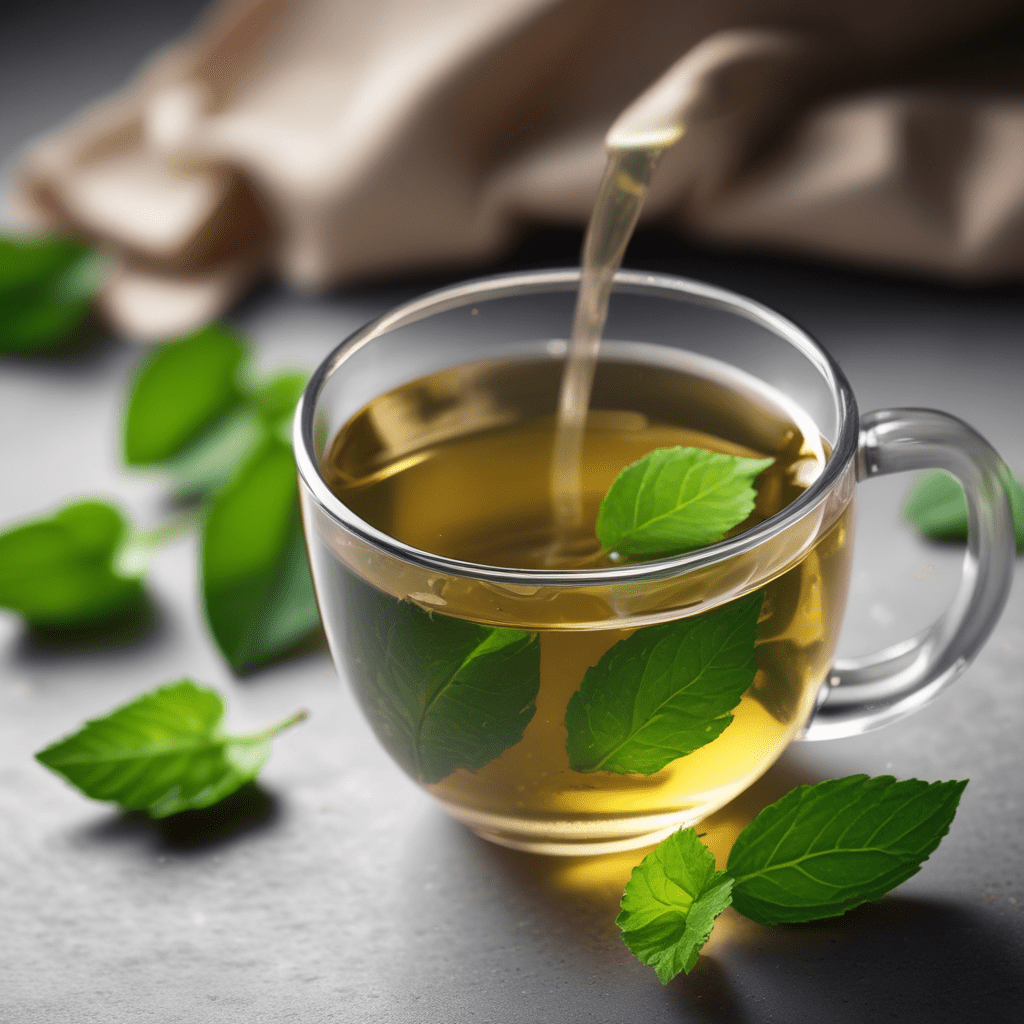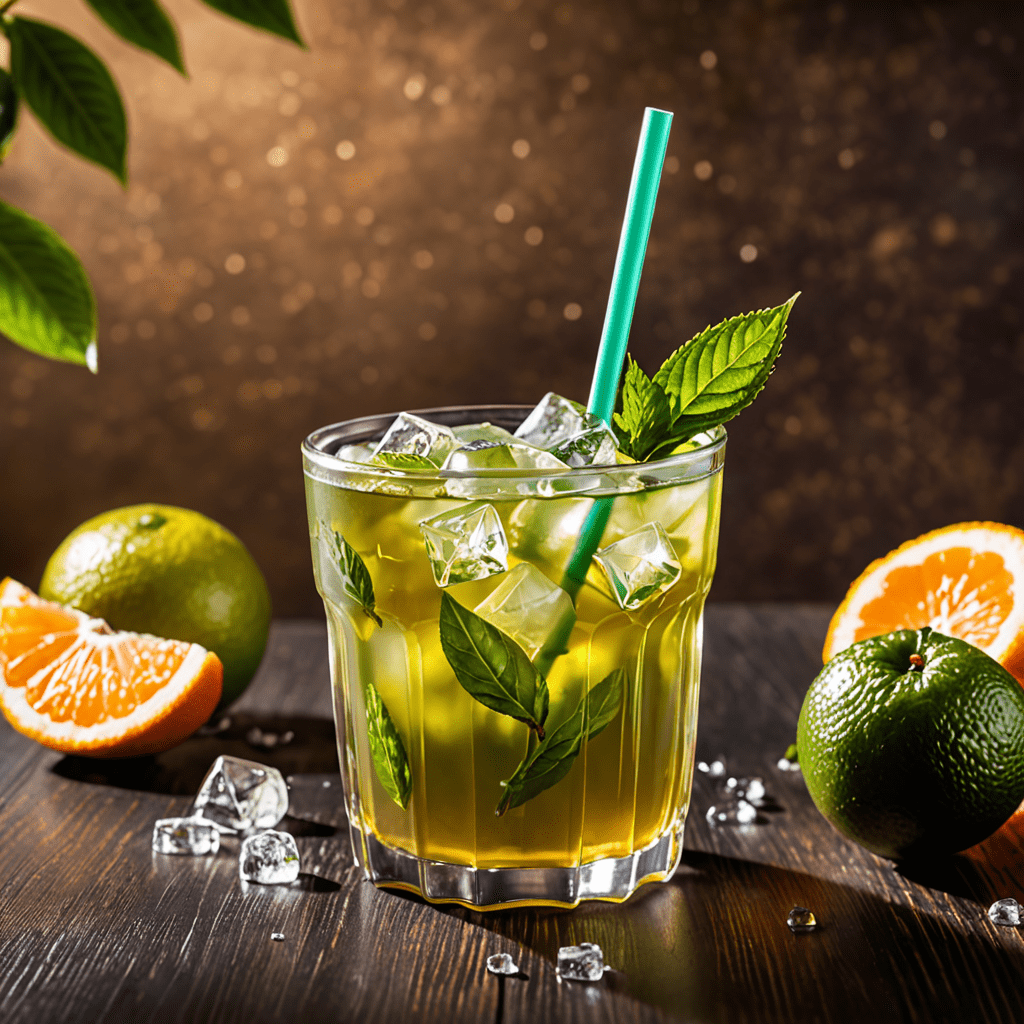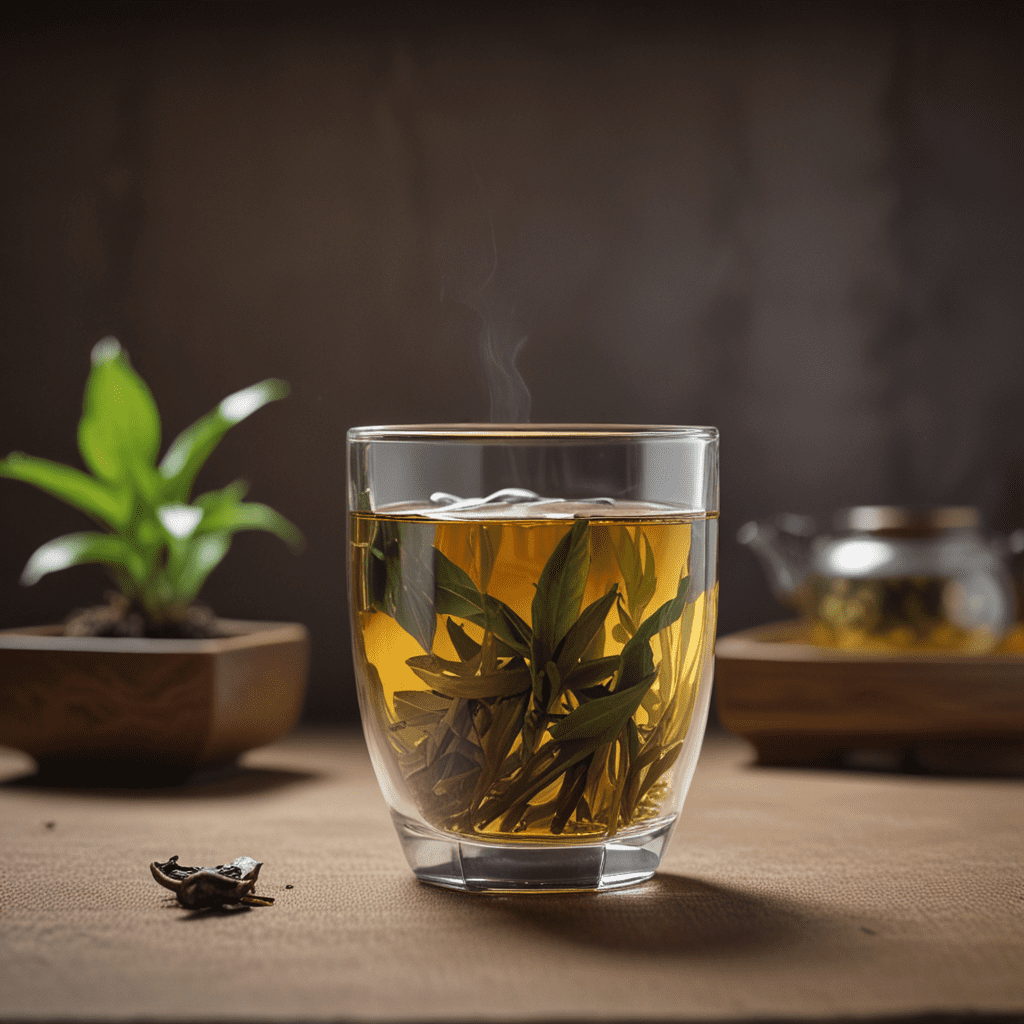
Chai Tea: A Flavorful Journey to India
The Origins of Chai
Chai tea, an aromatic and invigorating beverage, has its roots deeply embedded in the vibrant culture of India. Its origins can be traced back centuries to the reign of the British Empire, when tea was first introduced to the Indian subcontinent. However, it was the creative spirit of Indian tea merchants that transformed this imported leaf into a unique and beloved concoction. By blending tea leaves with a symphony of spices, they crafted a beverage that became an integral part of Indian life and a testament to the country's rich culinary heritage.
The Essential Ingredients
Chai tea derives its distinctive flavor from a harmonious blend of essential ingredients. At its core lies black tea, typically a robust Assam variety, which provides a full-bodied base for the infusion. Accompanying the tea leaves is a medley of aromatic spices, each contributing its own layer of complexity. Cardamom, with its warm and slightly camphoraceous notes, is an indispensable ingredient. Ginger adds a peppery zest, while cinnamon imparts a sweet spiciness. Cloves and black peppercorns lend subtle hints of warmth and pungency, completing the symphony of flavors that defines chai tea.
The Unique Masala Blend
The heart of chai tea lies in its distinctive masala blend, a carefully curated combination of spices that imparts a characteristic warmth and depth of flavor. The composition of this blend varies from region to region, reflecting the diverse culinary traditions of India. However, some common spices that frequently grace the chai masala include cardamom, ginger, cinnamon, cloves, black peppercorns, and star anise. These spices are often roasted and ground together, releasing their aromatic essence and creating a harmonious balance of flavors.
Brewing the Perfect Cup
To savor the true essence of chai tea, meticulous care must be taken in its preparation. Traditionally, chai is brewed in a small clay pot called a kulhad, though it can also be prepared in a saucepan. The tea leaves and spices are added to boiling water and gently simmered for 5-10 minutes, allowing the flavors to fully infuse. Milk and sweetener, usually sugar or honey, are added to taste, creating a rich and comforting beverage that warms the soul and awakens the senses.
Regional Variations
Chai tea is not a monolithic entity; rather, it is a kaleidoscope of flavors that varies from region to region in India. In the northern state of Punjab, chai is often prepared with a strong blend of black tea and a generous amount of milk, resulting in a thick and creamy concoction. In the south, particularly in the state of Tamil Nadu, chai takes on a lighter character, brewed with a milder tea and a hint of jaggery, a natural sweetener derived from palm sap. These regional variations showcase the diversity of Indian culinary traditions and the adaptability of chai tea to suit local preferences.
Cultural Significance
Beyond its culinary allure, chai tea holds a profound cultural significance in India. It is an integral part of daily life, consumed at homes, workplaces, and roadside stalls. Chai is a beverage that transcends social strata, bringing people together and fostering a sense of community. It is often served at religious ceremonies, social gatherings, and as a gesture of hospitality. The aromatic steam and comforting warmth of chai tea evoke a sense of nostalgia and belonging, making it a cherished part of Indian culture.
Health Benefits
Traditionally, chai tea has been used in Ayurvedic medicine for its potential health benefits. The blend of spices, particularly ginger and cloves, is believed to possess anti-inflammatory, antioxidant, and digestive properties. Ginger has been shown to aid in reducing nausea and improving digestion, while cloves contain eugenol, a compound with potential antibacterial and anti-inflammatory effects. Additionally, black tea provides a source of antioxidants, which may help protect against cellular damage and certain chronic diseases.
Chai in Modern Times
In recent years, chai tea has gained immense popularity worldwide, transcending its Indian origins to become a beloved beverage enjoyed in homes and cafes globally. Its unique blend of flavors and potential health benefits have made it a popular choice among tea enthusiasts and health-conscious consumers alike. Chai tea is now available in a wide variety of forms, including loose-leaf tea, tea bags, and instant mixes, making it accessible to people from all walks of life.
Experiencing Chai in India
To truly appreciate the essence of chai tea, one must experience it in its native land. In India, chai is prepared with love and care, using fresh ingredients and traditional brewing methods. Whether enjoyed in a bustling street market or a cozy teahouse, chai is a beverage that captures the warmth, hospitality, and vibrant spirit of India. Travelers are encouraged to venture into local chai stalls and engage with the locals, immersing themselves in the authentic chai experience.
Chai and Indian Hospitality
Chai tea is synonymous with Indian hospitality. Offering chai to guests is a gesture of respect and warmth, embodying the country's renowned "Atithi Devo Bhava" principle, which translates to "The guest is God." In homes and villages across India, chai is served as a welcoming drink, fostering a sense of community and connection. The act of sharing chai over conversations and laughter is a cherished tradition that weaves the fabric of Indian society.
FAQs
Q: What is the difference between chai tea and regular tea?
A: Chai tea is a spiced tea beverage that includes black tea blended with aromatic spices like cardamom, ginger, cinnamon, and cloves. Regular tea, on the other hand, typically refers to unspiced tea leaves brewed in hot water.
Q: How do I make chai tea at home?
A: To brew chai tea at home, combine black tea leaves, spices (such as cardamom, ginger, cinnamon, cloves, and black peppercorns), and milk in a saucepan. Bring to a boil, then reduce heat and simmer for 5-10 minutes. Strain and sweeten to taste.
Q: What are the health benefits of chai tea?
A: Chai tea contains antioxidants and spices that may have potential health benefits, including reducing inflammation, aiding digestion, and supporting the immune system. However, it's important to note that these benefits may vary depending on the specific ingredients and preparation methods used.


